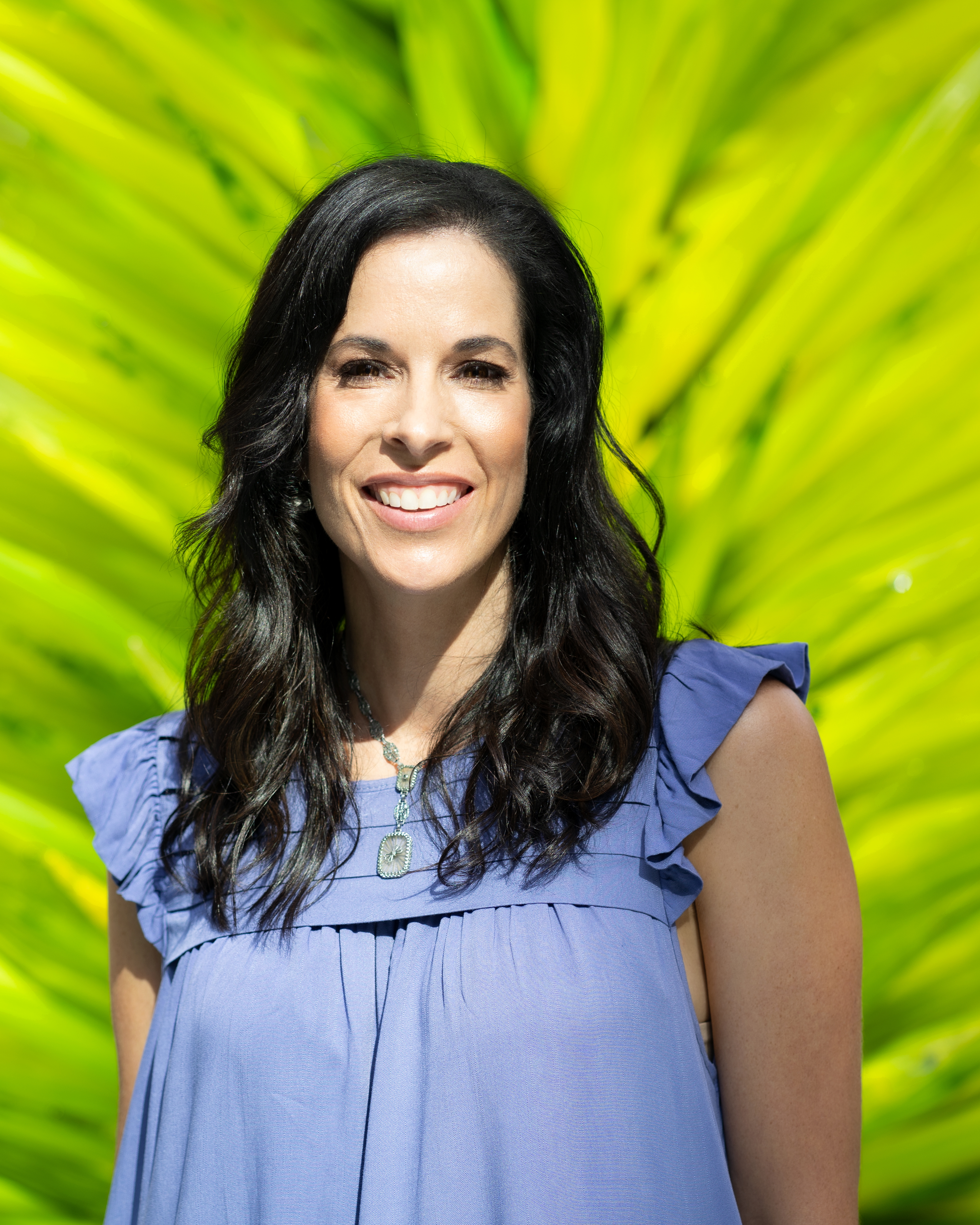- Burnout is a modern risk most commonly associated with overwork, but that isn’t the only culprit.
- Under-stimulation can lead to disengagement and distress in professional and personal spheres.
- Specific mindsets, habits, behaviors, and relationships can help mitigate the risk of burnout induced under-stimulation.
When the World Health Organization reclassified burnout from a health condition of the modern workplace, it wasn’t exactly a shock: It’s no secret that we’re overworked, overstimulated, over-stretched, and overwhelmed.
Even pre-pandemic, burnout had been called “inevitable;” a risk today’s hyper-competitive market in which we’re expected to perform like robots and machines.
Burnout’s hallmark features include emotional exhaustion, working mechanically, disassociation, and cynicism are unsurprising, given inhumane to-do lists and the pervasive feeling of being locked in a Whac-A-Mole game (the second we tackle a task, three more pop up).
Overwork is exhausting, no doubt, but it’s not the only culprit. Being in the clutches of under-stimulation, an under-recognized aspect of burnout, can wreak havoc when unchecked.
How under-stimulation can affect you
While being overwhelmed isn’t optimal, neither is being underwhelmed. Think being in a job that stunts creativity or doesn’t allow you to fully utilize your talent — one where demands are high, but with low rewards. Or being tethered to a screen all day every day like a character in the movie Groundhog Day. Think sedentary life, and mundane tasks on autorepeat. This can sneak up on us, leaving us feeling trapped and hungry for something more.
It’s not easy to maneuver through ruts brought on by a lack of healthy stimulation. Still, there are ways we can begin integrating it strategically. Here are four ways to stave off burnout induced by under-stimulation:
1. Activate your values. Research shows that if we’re not actively aligning our values and passions within our everyday experiences, it can be exhausting. When we’re living out of step with what we care about the most, we are likely to feel depleted and disengaged. On the converse, when we are actively living in accordance with what we care about and enjoy the most, we can generate energy and momentum.
2. Seek novelty and variety. If your career and family roles are draining rather than stimulating your creative juices, find ways to infuse invigorating activities into your routine. Our brains respond well to vast, dynamic experiences. While structure and routines can serve us well, ensuring we have a tapestry of opportunities that spur on awe and wonder can help mitigate the doldrums of the same old same old. Diverse experiences can be a helpful antidote when we’re in the clutches of under-stimulation.
3. Self-advocate. If you are being swallowed whole by mundane tasks and have ideas about better ways to put your time and talent to use, speak up. Brainstorm with those in your professional and personal spheres on what could make things better. Ask for opportunities to change things up. See what can be negotiated to allow for better alignment. Not only can this help keep burnout at bay, but can make for better work and home environments.
4. Connect with a creative community. Social interactions have been seriously sabotaged in light of the pandemic and modern life. Many have been forced into indefinite telework or isolated from people and activities that are fun and enriching. Work to forge connections with those who uplift and inspire you. Engaging with people who energize us can be one of the best forms of support and stimulation available.
Burnout has long been associated with overwork, but under-stimulation can also erode the quality of our lives. Small adjustments can help reinvigorate us in professional and personal roles. Consider ways to activate values, infuse novelty and variety, self-advocate, and engage with a creative community to help you minimize the risk of burnout due to under-stimulation.
References
Lee, K. (2018). Mentalligence: A New Psychology of Thinking. Learn what it takes to be more agile, mindful, and connected in today’s world. Deerfield Beach: HCI Books.


